Before Arriving in Ecuador
Get a Passport
If you already have a passport check immediately to make sure that is valid (has not expired) and will not expire for at least 6 months after the date you will return from Ecuador.
If you do not have a passport or yours has expired, you must apply for one immediately.
Visit travel.state.gov to find out how to apply. Be sure to check how long it takes to process a passport. (Sometimes it can take up to 4 months!) You will want to have the passport in your hand at least two weeks prior to your departure.
Submit Travel Registration (Required)
As soon as you know your arrival date for your program please register with the Smart Traveler Enrollment Program (STEP) conducted by the Department of State of the United States. You will automatically receive the most current information compiled about Ecuador. You will also receive updates, including Travel Warnings and Travel Alerts (both are uncommon for Ecuador).
You only need to sign up once, and then you can add and delete trips from your account based on your travel plans if you travel abroad again. You'll register via the STEP registration page at step.state.gov/step/
Do you need a visa?
It is unlikely that you will need to apply for a visa to enter Ecuador. However, if you are not a U.S. passport holder or you plan to be in Ecuador for over 90 days you should check. Visit the webpage for the Ecuadorian Embassy in the country of your citizenship for more information.
Visas can take quite a bit of time to be processed, typically weeks. Please start this process as soon as possible. There is no way to get a visa in Ecuador.
Research Health Issues and Immunizations
As with any travel abroad experience, a change in climate, diet, stress levels and sanitary conditions make illness more likely, so certain precautions are in order. Although no immunizations (beyond those typically required for you to attend school) are currently required, some are recommended.
You, your loved ones and doctors should decide together which immunizations to get, if any. Visit the Center for Disease Control’s website at www.cdc.gov/travel to learn more about recommended vaccines. In many cases you will already have these immunizations because they were required for you to enroll in your school.
Also, which immunizations you decide are necessary depend on where you will travel during your program. For example, if you plan to go deep into the jungle, Malaria medication (usually in the form of pills taken days before entering the jungle) may be more relevant. Most mosquito borne illnesses do not occur in Quito because there are few mosquitos.
Beyond immunizations there are many simple things that you can do to stay as healthy as possible while you are abroad:
- Never stop taking medications that you take routinely. Make sure you have enough of your medication to bring with you during your stay. Keep these medications in their original packaging and put them in your carry-on luggage. Do not assume you will be able to get the medication in Quito, in most cases medications are different in different countries.
- See the Packing section and the Center for Disease Control’s website for recommendations on what to bring in your first aid kit.
- Avoid drinking tap water. Bottled or filtered water is readily available throughout the country and will be provided by your host family and at ACLAS.
- When dining out, choose restaurants that are clean and reputable. Do not buy food from street vendors unless they are recommended by your host family. Also, be careful with the food at the local mall - don’t be deceived by the “American” look.
- Use insect repellant when on the coast or in the jungle.
What to Do When You Get Sick
Even with the best intentions and precautions, some students (even the resilient ones) get sick. When you do not feel well, be sure to let your host family and ACLAS know immediately.
If you feel you need to see a doctor, someone from ACLAS or your host family will accompany you to a doctor or hospital (depending on the severity of your illness.) ACLAS is well connected with doctors and hospitals and you will be able to speak with a doctor who speaks English
Orientation
The day after you arrive in Quito you will attend an orientation at ACLAS. Your host family will know the time of the orientation and will escort you to ACLAS. The following topics will be covered in orientation:
- Cultural adaptation information
- Safety and security overview
- Living with an Ecuadorian family
- Traveling within Ecuador
- ACLAS services
- Staying healthy while abroad
You will also receive a map of Ecuador, updated emergency contact information and other handouts.
Handbook and Packing
You should receive a pre-departure handbook from ACLAS (possibly via your faculty leader or program administrator) at least a few weeks before you leave. This handbook will have a lot of information about recommended travel, your program, what to pack, accessing money, communication, homestays, culture and more! Do not hesitate to contact us if you have any questions about the content in the handbook.
An important part of getting ready to visit another country is learning as much as you can about the country. Start on our "About Ecuador" page.
